Bank of England Governor Andrew Bailey has stated that unless the UK encounters another financial crisis or an economic shock on the scale of the pandemic, interest rates in the country are unlikely to fall back to ultra-low levels.
He emphasized that a "very large shock" would be needed to prompt the central bank to reduce borrowing costs to near-zero levels.
Following the Bank of England's Monetary Policy Committee's decision last week to keep interest rates unchanged at 5.0%, Bailey reiterated his view on the gradual implementation of an easing policy.
Bailey's remarks suggest that the Bank of England believes the neutral interest rate (neither stimulating nor inhibiting the economy) is significantly higher than the historical lows seen in recent years.
Although the Bank of England began its own rate-cutting cycle in August, policymakers have been cautiously communicating to investors where they expect rates to stabilize.
The Bank of England's benchmark interest rate has been close to the historical average of the past century, but it fell to 0.5% after the financial crisis and further to 0.1% following the outbreak of the COVID-19 pandemic.
Bailey noted that these changes in interest rates were caused by two significant shocks to the economy.
Currently, the Bank of England is gradually unwinding its aggressive policy tightening measures in response to inflation falling close to the target of 2%.
Bailey's comments reflect the Bank of England's cautious stance on reducing borrowing costs, contrasting with the more aggressive easing signals sent by US policymakers.
Bailey stated, "Inflation has come down significantly.
Our goal is to ensure it sustainably reaches the target level of 2%, although the current composition of inflation remains imbalanced.
However, I am encouraged by the downward trend in inflation, which convinces me that interest rates will be gradually reduced."
Bailey also reiterated concerns about the impact of Brexit on the UK's trade connections, noting that trade will be affected by some short-term pain, particularly for small businesses.
It is understood that last week, the Bank of England's Monetary Policy Committee decided by an 8 to 1 vote to keep interest rates unchanged at 5%, in stark contrast to the Federal Reserve's 50 basis point rate cut.
This decision was in line with market expectations and pushed the pound to its highest level against the US dollar in over two years.
The Bank of England warned that it would not rush to ease monetary policy, as it still needs to wait for further signs that inflationary pressures are subsiding.
Bailey said in a statement, "Over time, we should be able to gradually lower interest rates."
He emphasized that this path would depend on whether price pressures continue to ease.
After the interest rate decision was announced, the money market reduced bets on the extent of the Bank of England's rate cuts this year, expecting a 41 basis point cut by December, up from a previous expectation of a 50 basis point cut.
The pound's exchange rate against the US dollar exceeded 1.33 for the first time since March 2022.


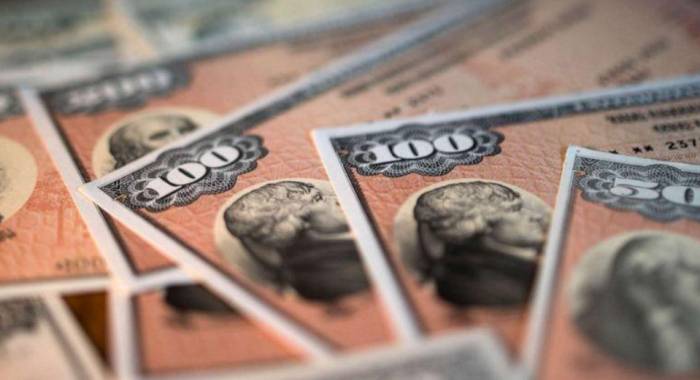











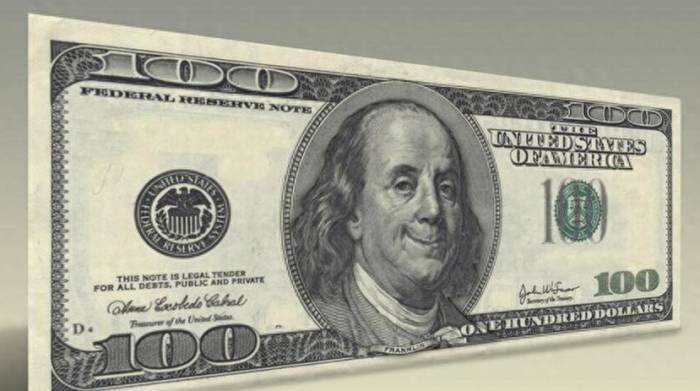
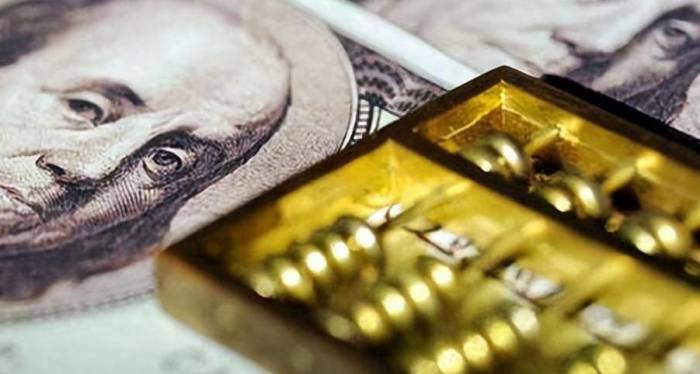




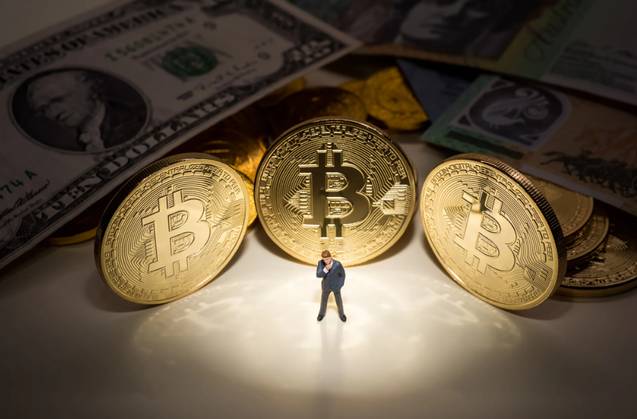



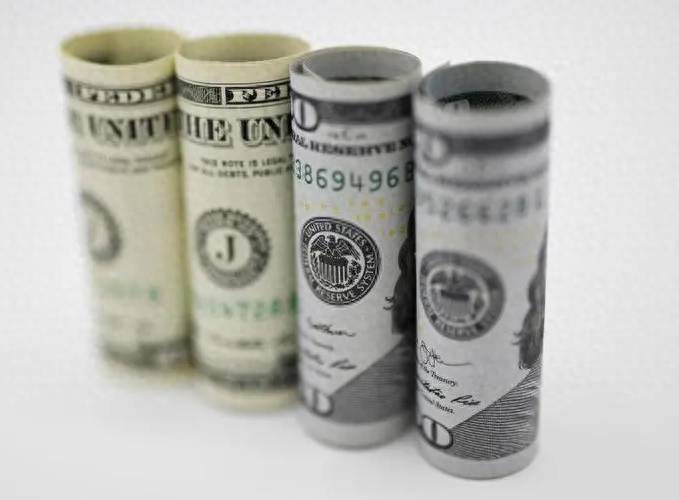




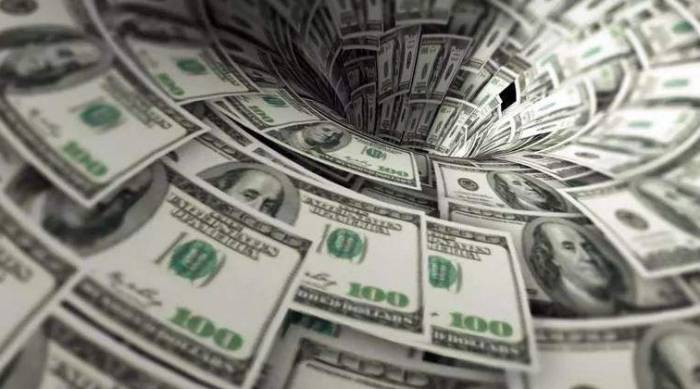
Leave a Comment